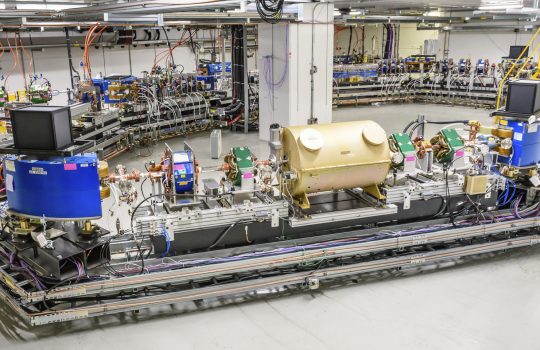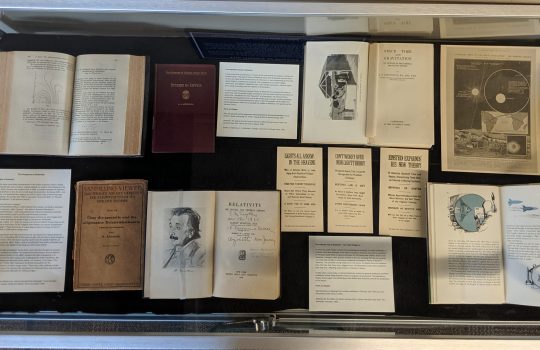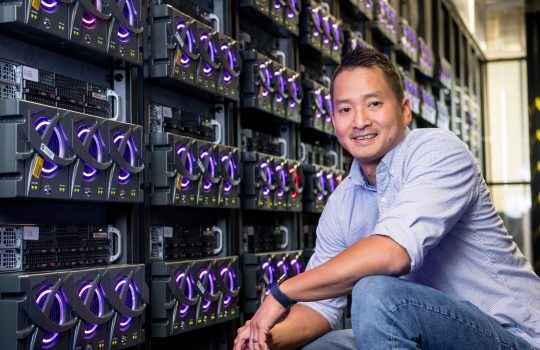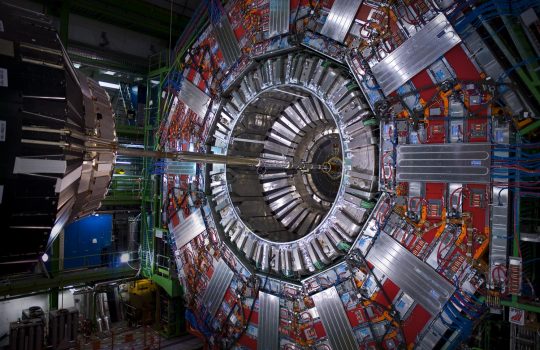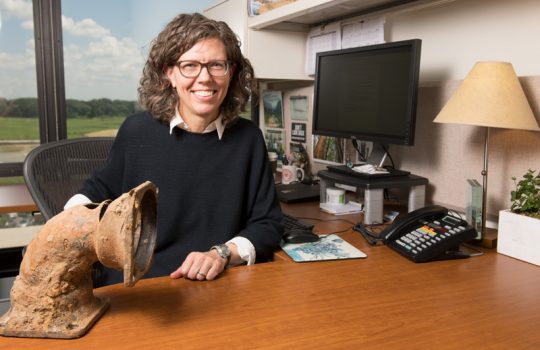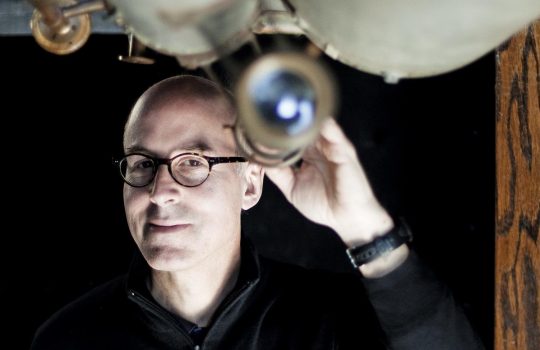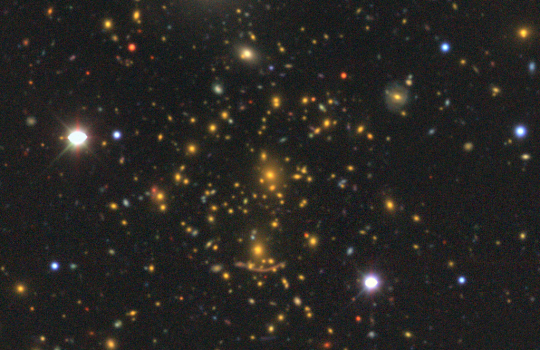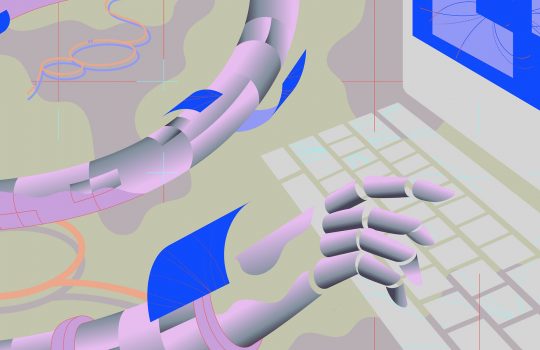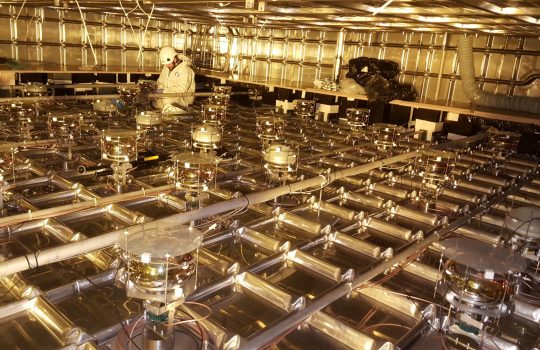Fermilab’s newest accelerator delivers first results
Fermilab researchers have announced first results from IOTA, the lab’s newest particle accelerator. The first run, which included observations of single electrons circulating in the ring, illustrates the exciting potential of the versatile machine, both in advancing quantum science and improving accelerator beams.

